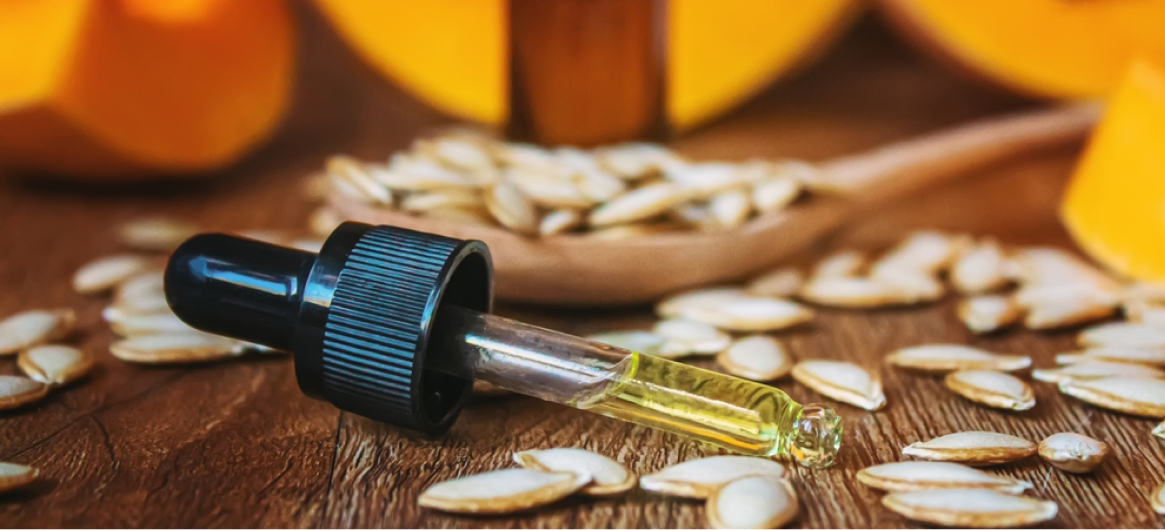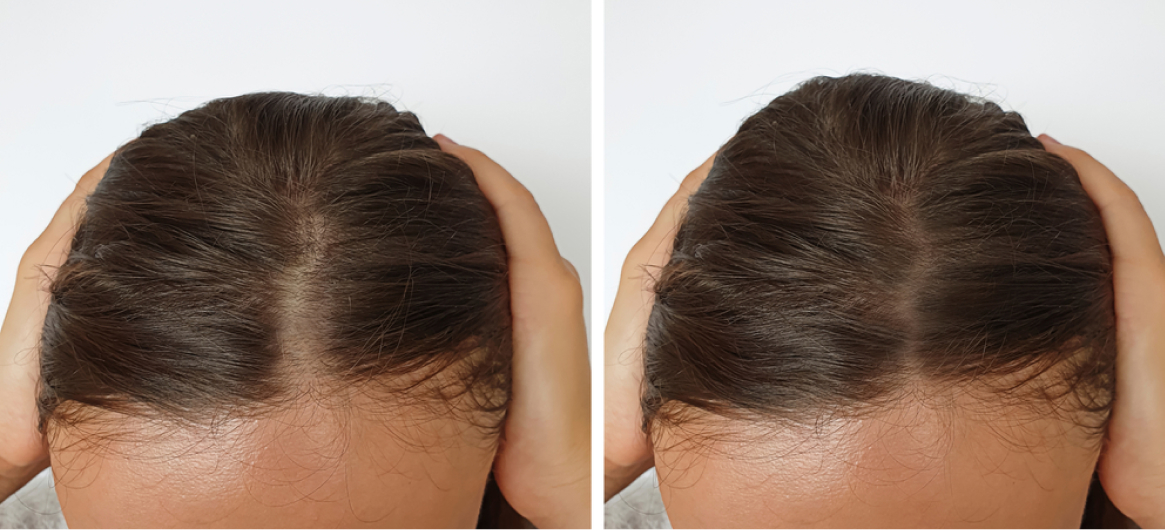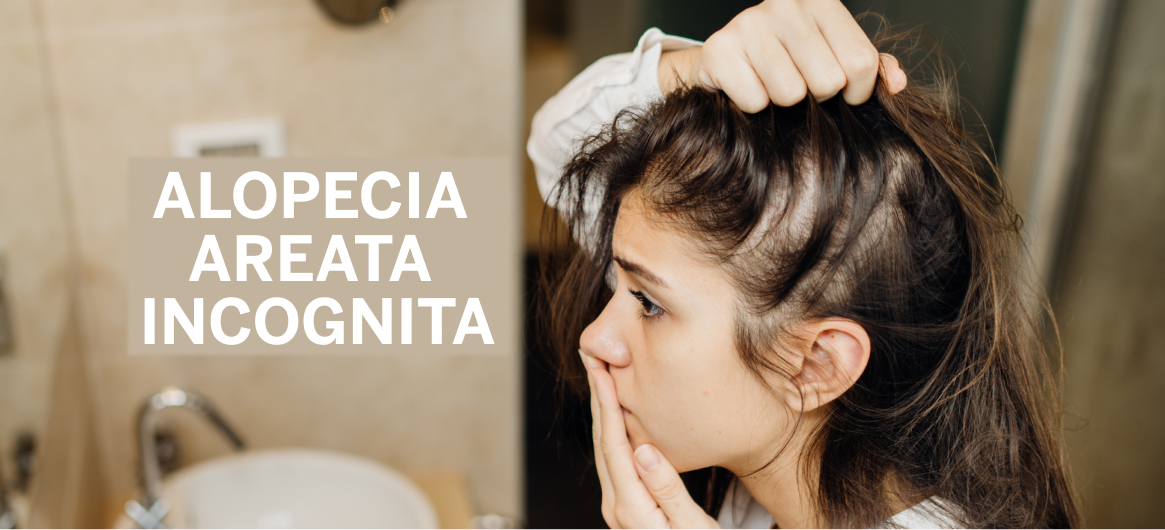Scalp care is an essential but often overlooked part of maintaining healthy skin and hair. Your scalp is home to hundreds of hair follicles and oil glands, all of which need balance to function properly.
When neglected, the scalp can become dry, oily, irritated, or inflamed, leading to issues such as dandruff, breakage, or even hair loss.
This detailed guide explores how to recognize the signs of an unhealthy scalp, explains care for different scalp types, and discusses how to support long-term scalp health naturally.
Why Scalp Care Matters
Scalp care plays a foundational role in overall hair and skin health. The scalp is a continuation of the skin and contains numerous sebaceous glands, hair follicles, and microbiota that require balance to function properly.
Neglecting scalp health can lead to inflammation, buildup, or infections that not only cause discomfort but also contribute to hair thinning, breakage, or even hair loss.
How the Scalp Affects Hair Health
A healthy scalp provides the ideal environment for strong, healthy hair growth. Hair follicles reside in the scalp, and their function depends on adequate blood flow, minimal inflammation, and balanced oil production.
Conditions such as seborrheic dermatitis, psoriasis, or folliculitis can disrupt this environment, weakening the follicle’s ability to grow hair effectively. Even minor issues such as excess buildup or dryness can clog follicles or irritate the skin, leading to breakage or stunted growth.
The scalp's pH balance is critical. A healthy scalp maintains a slightly acidic pH of around 5.5, which helps protect against harmful bacteria and fungi. When this balance gets disrupted, it can trigger various scalp conditions that affect hair quality and growth patterns.
Common Scalp Issues and What Causes Them
Many common scalp issues stem from inflammation, microbial imbalance, or buildup of oil and dead skin.
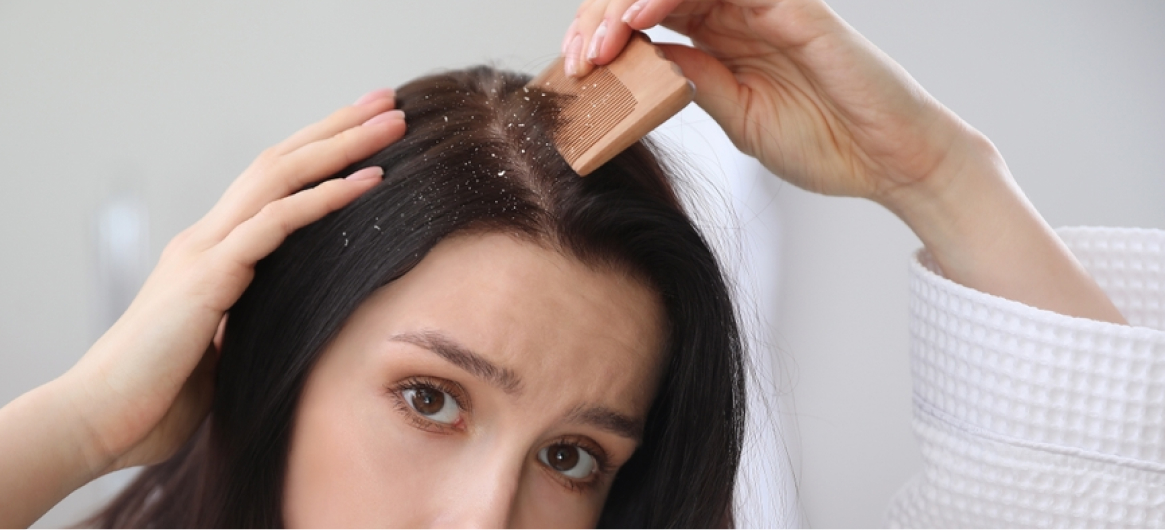
Dandruff, for instance, affects nearly half of adults at some point in their lives. It's caused by an overgrowth of Malassezia, a yeast-like fungus that feeds on scalp oils. Stress, hormonal changes, and certain hair products can worsen the condition.
Dry scalp occurs when your skin lacks moisture, leading to flaking and irritation. Cold weather, hot showers, and harsh shampoos strip away natural oils. Unlike dandruff, dry scalp flakes are usually smaller and whiter.
An oily scalp occurs when sebaceous glands produce excessive sebum. Genetics, hormones, and overwashing (which triggers more oil production) are common culprits. This excess oil can clog follicles and slow hair growth.
Psoriasis is an autoimmune condition that causes thick, scaly plaques on the scalp. Folliculitis results from infection or clogged follicles, often caused by sweat, product buildup, or improper hygiene.
Even tight hairstyles or harsh chemicals can lead to conditions such as traction alopecia.
What Does a Healthy Scalp Look Like?
Understanding what a healthy scalp looks like can help you spot issues before they lead to breakage, discomfort, or hair loss. A balanced scalp shouldn't draw attention to itself—it should feel comfortable and look clean without any visible issues.
Signs of a Healthy Scalp
A healthy scalp is generally free of visible flakes, redness, bumps, or irritation. The skin should appear smooth and have a consistent tone without excessive dryness or oiliness.
It should also feel comfortable—no itching, burning, or tightness. Mild natural oil (sebum) should be present to keep both the scalp and hair moisturized but not greasy. Hair growing from a healthy scalp typically has strength, shine, and good elasticity.
There should be no foul odor, which can signal a bacterial or fungal imbalance. Most importantly, a healthy scalp maintains proper circulation and an intact skin barrier, which supports strong hair follicle function.
Regular care and a balanced scalp microbiome are key factors in maintaining this healthy state.
Warning Signs Your Scalp Needs Attention
An unhealthy scalp often signals distress through persistent symptoms such as itching, flaking, redness, or tenderness.
- Greasy or waxy buildup can point to excess sebum production or poor hygiene.
- Extreme dryness or tightness may indicate an impaired moisture barrier.
- Painful bumps or pustules may suggest folliculitis or infection.
- Excessive hair shedding or visible thinning can signal underlying inflammation or nutrient deficiencies.
- Scabs, bleeding, or scaling patches may indicate conditions such as psoriasis or eczema.
- Foul odors, especially when accompanied by irritation, may suggest microbial imbalance.
Because early intervention can prevent progression, persistent or worsening symptoms warrant attention—and, in many cases, evaluation by a dermatologist.
How To Improve Scalp Health Naturally
Taking care of your scalp doesn't require expensive treatments or complicated routines. Simple, consistent habits can transform your scalp health and boost hair growth naturally. The key is finding what works for your specific scalp type and sticking with it.
Daily Habits for a Healthier Scalp
Healthy scalp care begins with simple, consistent habits. Gently brushing your hair with a natural bristle brush daily helps distribute natural oils, stimulate circulation, and prevent buildup near the scalp.
Staying hydrated, maintaining a balanced diet, and getting adequate sleep support overall skin health, including the scalp’s barrier function. Avoid scratching your scalp, even when it feels itchy, as scratching can lead to microtears and inflammation.
Be mindful of hats, helmets, and hairstyles that trap heat or pull tightly on the scalp, as they can encourage irritation or contribute to traction alopecia. At night, switch to a silk or satin pillowcase to reduce friction and maintain moisture levels.
Protecting your scalp from excessive sun exposure with SPF-containing products or hats is also important, especially if you have thinning hair. Finally, manage stress, as it impacts hormone levels and inflammation, both of which can affect scalp condition and hair growth.
Choosing the Right Shampoo and Conditioner
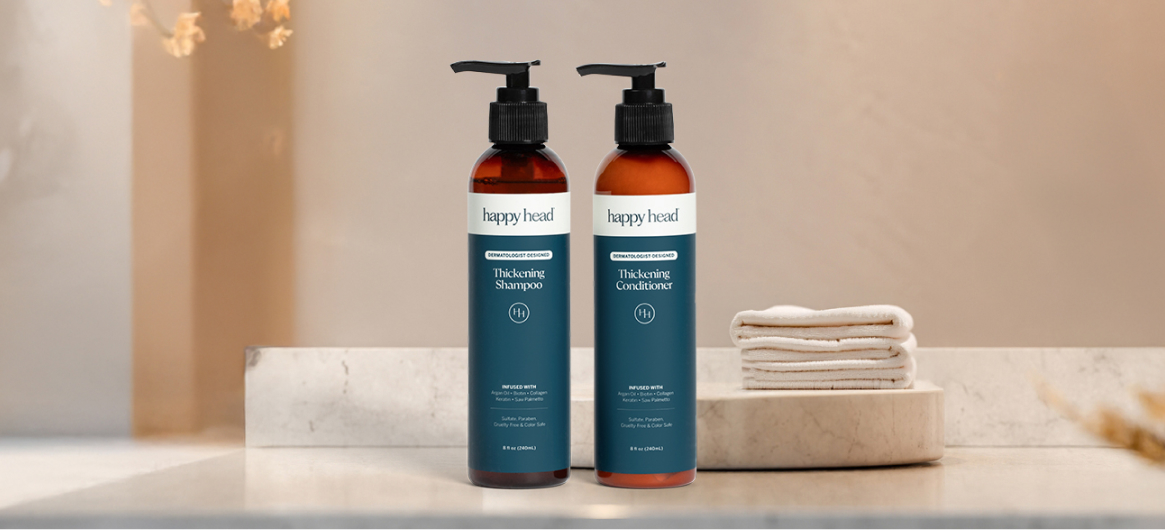
The products you use should match your scalp type—dry, oily, sensitive, or balanced. Look for sulfate-free shampoos, which cleanse without stripping essential oils.
For dry scalps, choose hydrating shampoos with ingredients such as glycerin or aloe vera, and avoid alcohol-heavy formulas. If your scalp is oily or prone to buildup, products containing salicylic acid, tea tree oil, or zinc pyrithione can help control excess sebum and reduce flaking.
A high-quality conditioner should be applied mainly to the hair, not the scalp, unless it’s specifically designed for scalp hydration. Also, avoid over-washing, which can disrupt the natural oil balance and lead to irritation.
When in doubt, consult your dermatologist to identify safe, effective products for your unique needs.
Natural Oils and Ingredients for Scalp Care
Certain natural oils and plant-based ingredients offer powerful benefits for scalp health.
- Jojoba oil closely mimics the scalp’s natural sebum and can moisturize without clogging pores.
- Tea tree oil has antifungal and antibacterial properties, making it useful for dandruff and mild scalp irritation, but it must be diluted.
- Rosemary oil may help stimulate circulation and support hair growth, though results take time.
- Aloe vera soothes inflammation and hydrates a dry or sunburned scalp.
- Witch hazel can help calm itchiness and reduce oiliness.
- Apple cider vinegar, diluted with water, helps restore pH balance and remove product buildup.
When using natural oils, apply sparingly and avoid leaving them on the scalp for extended periods, as buildup can worsen certain conditions. Always patch-test new ingredients to ensure they won’t trigger irritation or allergic reactions.
How Often To Wash and Exfoliate Your Scalp
Washing frequency depends on your scalp type and lifestyle. Oily scalps may need cleansing every 1–2 days to prevent buildup, while drier scalps may benefit from washing just two to three times per week. Use lukewarm water, as hot water can strip natural oils and aggravate dryness.
Scalp exfoliation, either with a physical scrub or a chemical exfoliant such as salicylic acid, should be done no more than once or twice a week. This helps remove dead skin cells, excess oil, and product residue that can clog follicles or cause irritation.
Over-exfoliating, however, can damage the skin barrier. If you experience persistent flakes, itching, or tenderness, consult a dermatologist before adding exfoliation to your routine.
Scalp Care for Different Scalp Types
Understanding your scalp type is key to choosing the right care routine. Whether your scalp is dry, oily, or sensitive, tailored strategies can help restore balance and prevent issues before they begin.
Scalp Care for a Dry Scalp
A dry scalp often feels tight, itchy, or flaky due to a lack of natural oils. Use a moisturizing, sulfate-free shampoo and a hydrating conditioner with ingredients such as aloe vera, glycerin, or coconut oil.
Limit washing to two to three times per week, and avoid hot water, which can worsen dryness. Scalp-nourishing oils such as jojoba or argan can provide extra nourishment when massaged gently into the skin.
Scalp Care for an Oily Scalp
An oily scalp may appear greasy or feel heavy soon after washing. To manage excess sebum, use a clarifying shampoo with salicylic acid, zinc, or tea tree oil two to three times per week.
Avoid heavy conditioners near the scalp, and wash more frequently if buildup occurs. Light, pH-balanced products can help regulate oil production without stripping the skin.
Scalp Care Tips for Sensitive Scalps
Sensitive scalps react easily to fragrances, sulfates, or harsh styling products. Choose hypoallergenic, fragrance-free formulas, and avoid alcohol-based treatments.
Wash with lukewarm water, and limit exposure to styling tools that apply heat directly to the scalp. If irritation persists, speak with a dermatologist to rule out underlying skin conditions such as eczema or psoriasis.
Managing Common Scalp Problems Naturally
While some scalp concerns may require medical treatment, many mild to moderate issues can be managed at home with natural, evidence-based remedies. The key is understanding the cause and choosing gentle, effective solutions that won’t compromise scalp health.
Natural Remedies for Dandruff
Dandruff is often caused by excess oil, yeast overgrowth (Malassezia), or sensitivity to hair products. Natural remedies such as diluted tea tree oil offer antifungal benefits, while apple cider vinegar may help balance the scalp’s pH and reduce flaking.
Aloe vera can soothe inflammation and moisturize dry patches. Regular use of a gentle, anti-dandruff shampoo containing natural zinc or salicylic acid can also help. It's important to avoid harsh scrubbing, which can worsen irritation and lead to more shedding or redness.
Soothing an Itchy Scalp
An itchy scalp may stem from dryness, allergic reactions, or minor irritation. Oatmeal-based scalp masks or rinses can calm inflammation and relieve itchiness. Aloe vera gel, applied in small amounts, provides cooling and moisturizing relief.
Peppermint oil—when properly diluted—may reduce itch by stimulating circulation and calming nerve endings.
Avoid scratching, which can damage the scalp’s protective barrier and lead to secondary infections. Also, minimize exposure to potential triggers such as fragranced products, heat styling, or tight hairstyles.
Supporting Scalp Health With Diet and Lifestyle Changes
What you eat and how you live directly influence the health of your scalp and hair. A nutrient-rich diet and balanced lifestyle can help regulate oil production, reduce inflammation, and support hair follicle function from the inside out.
A healthy scalp thrives on consistent nourishment and stress management. Include foods rich in omega-3 fatty acids (like salmon, flaxseed, and walnuts) to reduce inflammation and support skin hydration.
Protein is vital for hair structure, so incorporate lean sources, such as eggs, beans, and poultry, into your diet. Antioxidant-rich fruits and vegetables, such as spinach, berries, and sweet potatoes, support scalp circulation and fight oxidative stress.
Biotin, zinc, and iron are essential vitamins and minerals for scalp and hair health. Stay hydrated to maintain the skin’s moisture barrier, and avoid crash diets, which can shock the system and trigger hair shedding.
Prioritize quality sleep, manage stress through exercise or meditation, and avoid smoking, which constricts blood flow to the scalp.
When To See a Dermatologist About Your Scalp
See a dermatologist if you experience persistent itching, flaking, redness, or pain that does not improve with over-the-counter treatments. Sudden or patchy hair loss, bleeding, sores, or signs of infection, such as swelling or oozing, also warrant medical evaluation.
Chronic scalp conditions such as psoriasis, seborrheic dermatitis, and folliculitis often require prescription treatments. If you're unsure whether a symptom is normal, a dermatologist can accurately diagnose the issue and prevent long-term damage to your scalp and hair follicles.
Scalp Care Is Essential, Not Optional
Proper scalp care is more than just a beauty routine—it’s a vital part of maintaining healthy skin and strong, resilient hair. Whether you're managing dryness, oiliness, or mild irritation, consistent care using natural strategies can make a meaningful difference.
Remember that persistent or worsening symptoms may signal an underlying condition that requires expert attention. When in doubt, consult a trusted dermatologist to ensure that your scalp care routine is sufficient to support long-term hair and skin health.
Talk to a board-certified dermatologist to discuss your goals and find the solution that is best for you.
Frequently Asked Questions
What is a good scalp care routine?
A good scalp care routine includes gentle cleansing with a suitable shampoo, regular exfoliation (1–2 times a week), avoiding harsh products, protecting from sun exposure, and using ingredients such as salicylic acid or tea tree oil as needed for your scalp type.
What is the best thing to put on your scalp?
The best product depends on your scalp’s needs. For most, a gentle, sulfate-free shampoo and a lightweight conditioner with ingredients such as salicylic acid, tea tree oil, or niacinamide can support scalp health. Natural oils like jojoba or argan oil can also soothe and moisturize.
Do dermatologists recommend scalp scrubs?
Dermatologists may recommend scalp scrubs in moderation to help remove buildup, excess oil, or dead skin cells. However, scrubs should be used no more than once or twice a week and must be gentle to avoid irritating the scalp or damaging the hair follicles.
What not to put on your scalp?
Avoid applying heavy oils that clog pores (such as mineral oil), harsh sulfates, products with high alcohol content, and excessive heat or styling chemicals directly to your scalp. These can strip natural oils, disrupt the skin barrier, and lead to irritation or inflammation.





